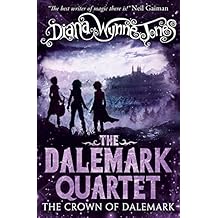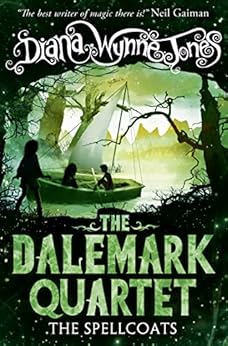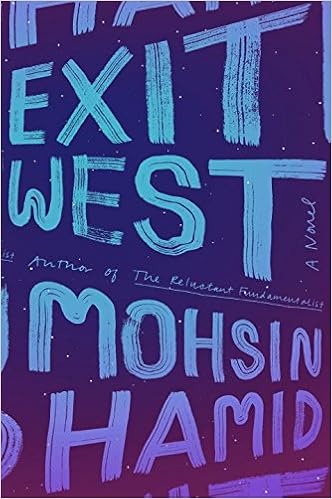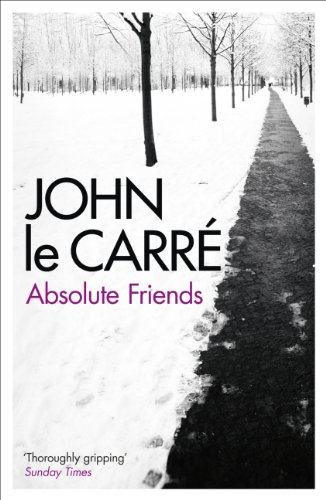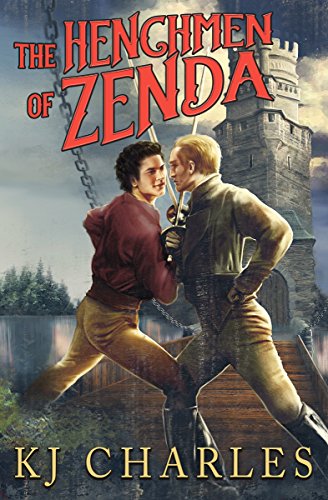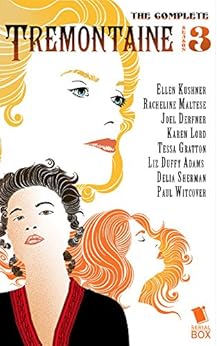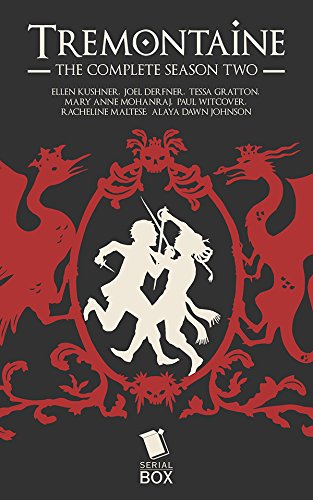"You don’t understand – can’t you think how it feels when everyone you know is scared sick all the time? You couldn’t trust people. They’d turn round and tell on you, anytime, even if it weren’t you done it, because they didn’t want to get marched off in the night themselves. That’s not how people should be.” [p. 179]My paper copy of this novel came to me via a friend who noticed a heap of withdrawn library books in a skip and thought I might like it. Coincidentally, I had just read The Spellcoats for the first time ...
There are two plot threads in Drowned Ammet: one protagonist is Mitt, born in a poor but happy household but getting involved in revolutionary terrorism after his father's departure; the other is Hildrida (Hildy for short), the somewhat spoilt daughter of Earl Hadd's second son, Navis. Hildy has been betrothed to the Lord of the Isles against her will, and is spitting mad about it. Mitt, meanwhile, has had 'his life's work' ruined by the betrayal of a plot to assassinate Earl Hadd.
So when Mitt and Hildy, and Hildy's younger brother Ynen, all end up on the same boat, heading north in stormy weather, it's not exactly a pleasure cruise -- even before they pick up a passenger who repulses them all.
There's magic here too, and the Undying: the passage north is aided by the mystical figures of Old Ammet and Libby Beer (both of whom feel like gods with the corners worn off, made comfortable and traditional with use but still capable of being dangerous).
Like Dogsbody, this novel features terrorists who aren't wholly reprehensible: it was published at the height of the IRA bombings on the UK mainland, and I wonder what contemporary audiences made of Mitt with his bombs and conspiracies. (The conflict is fairly clear-cut: Earl Hadd and most of his sons are tyrants, oppressing the poor, assassinating enemies and raising taxes. But still.)
Afterthought: having reread three out of the four Dalemark novels, I have no desire to reread Cart and Cwidder. I wonder why?

